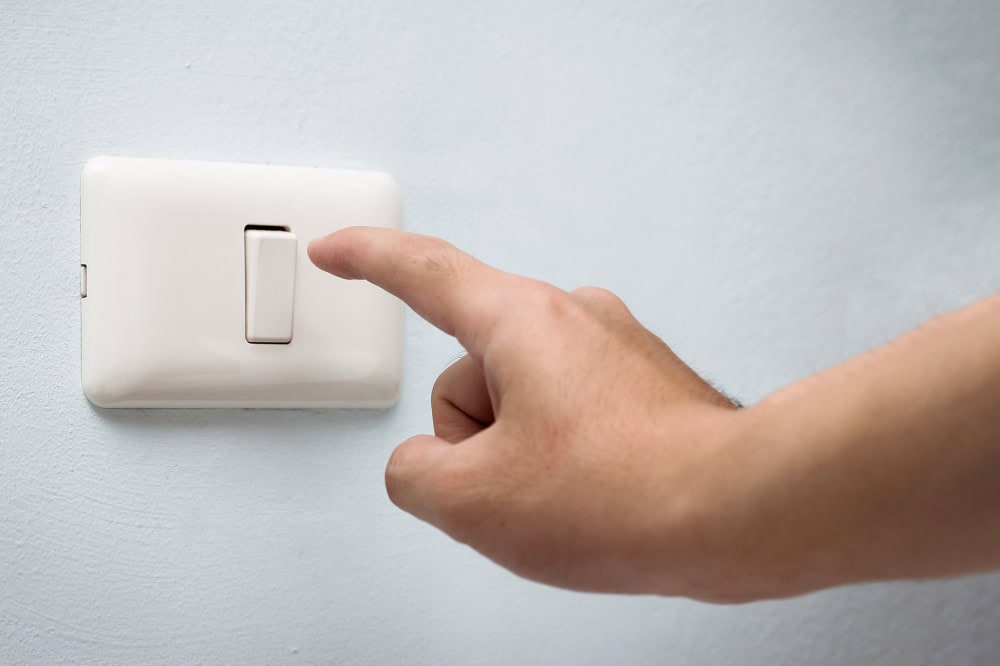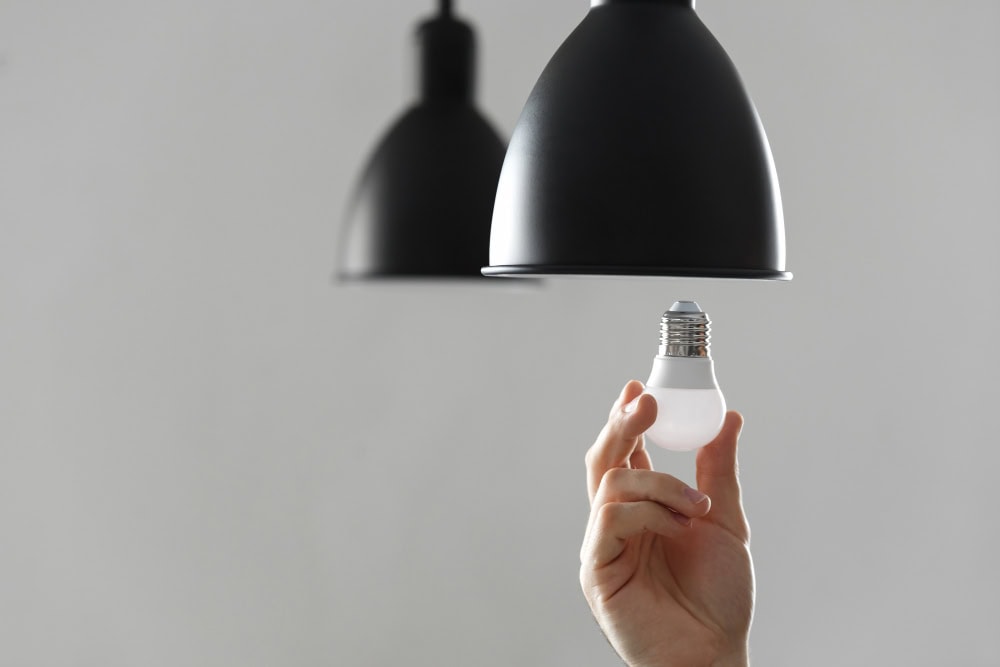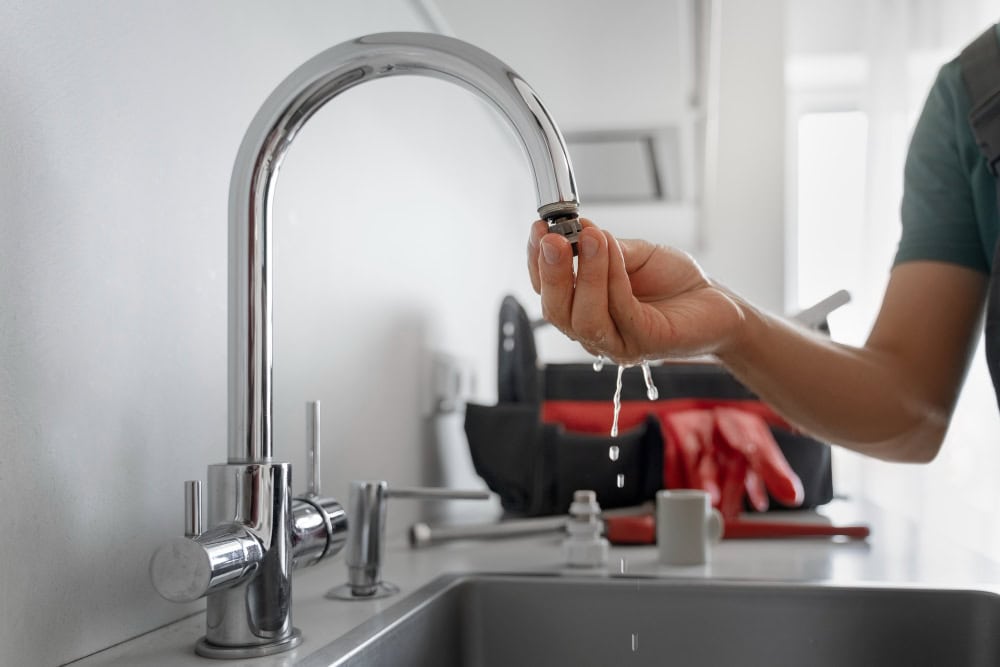This article has been updated on 18 Jun 2024
Right now, many families are struggling to keep up with their finances, and finding ways to save money on bills has become really important. We know it can be tough, so we’ve put together a helpful guide with simple and practical tips to make it easier for you to reduce your expenses.
In this guide, you’ll find advice on how to cut down costs on everyday things like electricity, water, and even your phone and internet bills. We’ll also share some ideas for budgeting and making smart spending choices that can make a big difference.
Our goal is to give you easy-to-follow steps to help you save money and make managing your household budget less stressful. Let’s get started on finding ways to keep more money in your pocket!
Average Essential Household Bills in the UK
Every household is unique, so bills will vary. It is advisable to consult your suppliers for personalized guidance. Factors such as property type, household size, and seasonal variations can affect your bills. British Gas has provided estimated monthly energy bills based on typical usage and October 2023 price cap rates.
- Flat or 1-bedroom house: £109.33
- 3-bedroom house: £152.83
- 5-bedroom house: £216.33
How to Save Money on Energy Bills
Energy costs have risen significantly due to global economic factors. While energy bills can be high, there are strategies you can employ to potentially lower them.
- Turn Things Off: Be mindful of switching off lights and household appliances when not in use to save money.
- Switch to Energy-Efficient Bulbs: Opt for LED bulbs, which are more energy-efficient and can help reduce energy consumption.
- Be Mindful About Water usage: Taking shorter showers and using less water can contribute to lower energy bills. Wash clothes once a week at lower temperatures, and consider air-drying clothes to save on energy costs.
- Use Energy Efficient heating: Switching to energy-efficient heating systems, such as air source heat pumps and solar panels, can significantly reduce your utility bills while also benefiting the environment.

reduce bills switch off
1. Save money by Turning Things Off
One effective way to save money is by turning things off when they are not in use. Being mindful of switching off lights and household appliances can lead to significant savings on your electricity bill. By simply turning off lights in empty rooms, unplugging electronics when not in use, and avoiding leaving appliances on standby mode, you can reduce your energy consumption and lower your monthly expenses. Making this small change in your daily habits can add up to big savings over time, allowing you to keep more money in your pocket.

reduce bills light
2. Manage lights at home well
There are several ways to save energy by managing lights at home. One effective method is to switch to energy-efficient LED light bulbs, which consume less electricity and have a longer lifespan compared to traditional incandescent bulbs. Another way is to use dimmer switches to adjust the brightness of lights based on the time of day or the amount of natural light available. Installing motion sensor lights can also help save energy by automatically turning lights off when no one is in the room. Additionally, setting timers or using smart lighting systems can help schedule lights to turn on and off at specific times, reducing unnecessary energy consumption. Finally, making it a habit to turn off lights when leaving a room can make a significant difference in overall energy savings.
List of ways to save energy by managing lights at home:
1. Switch to energy-efficient LED light bulbs 2. Use dimmer switches to adjust brightness 3. Install motion sensor lights 4. Set timers or use smart lighting systems 5. Turn off lights when leaving a room

reduce bills water tap
3. Reduce water usage
Apart from energy bills, reducing water usage can also lead to savings on your water bill. Adopting new habits can help lower your costs.
- Wait for a Full Load: Washing full loads of clothes in the washing machine uses less water than multiple half loads.
- Don’t Leave Taps Running: Be conscious of water wastage, especially when washing up or brushing your teeth, to minimize water usage.
- Fix Leaky Taps: Address leaky taps promptly to prevent water wastage and avoid unnecessary spikes in your water bill.
- Reduce how long you shower: Sticking to shorter showers that last just a few minutes can help save money on your energy bills. Opting for a shower instead of having a bath is also a good idea, as a quick shower uses less water.
4. Switch to energy-efficient heating.
Using energy-efficient heating systems, such as air source heat pumps and solar panels, is a smart choice for homeowners looking to lower their utility bills and reduce their environmental impact. By making the switch to these technologies, you not only save money in the long run but also contribute to a more sustainable future. Air source heat pumps are known for their high efficiency in converting energy into heat, while solar panels harness the power of the sun to provide renewable energy for your home. These options not only help to decrease your carbon footprint but also increase the overall value of your property. By investing in energy-efficient heating solutions, you are not only making a positive impact on your finances but also on the planet. By implementing these practices, you can make a positive impact on your household bills while promoting a more sustainable lifestyle.





